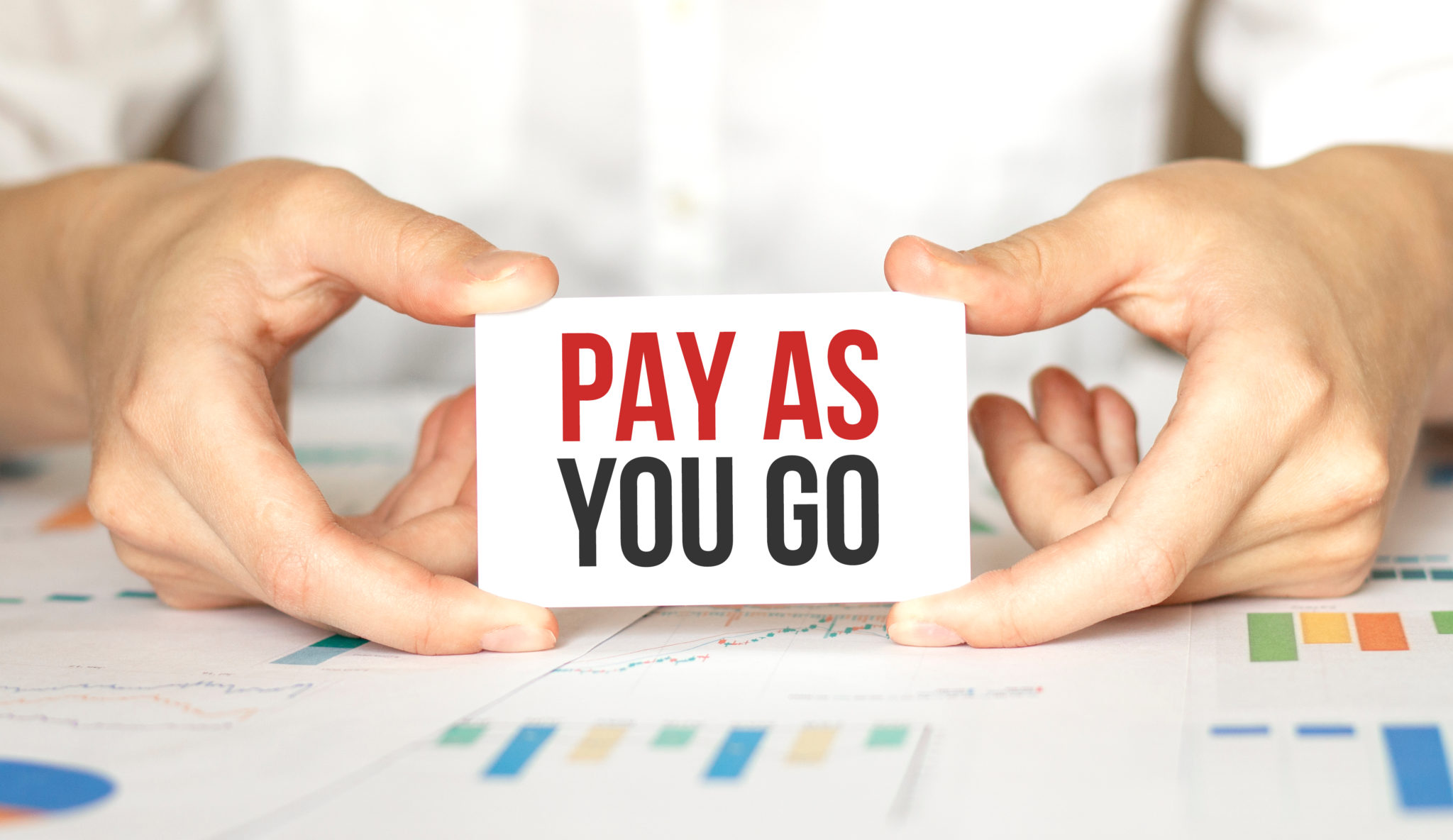Back Taxes
Back taxes are delinquent or overdue taxes, typically from previous years. The IRS begins to charge penalties and interest on late or unpaid taxes the day after the tax filing deadline for that year. If the tax due remains unpaid, notices will follow, and the IRS and or state agency may eventually begin other collection measures.
The most common penalties are Failure to File and Failure to Pay.
Failure to file penalty is 5% of the unpaid taxes for each month or part of a month that a tax return is late.
The penalty won’t exceed 25% of your unpaid taxes
Failure to Pay is 0.5% of the unpaid taxes for each month or part of a month the tax remains unpaid.
The penalty won’t exceed 25% of your unpaid taxes.







